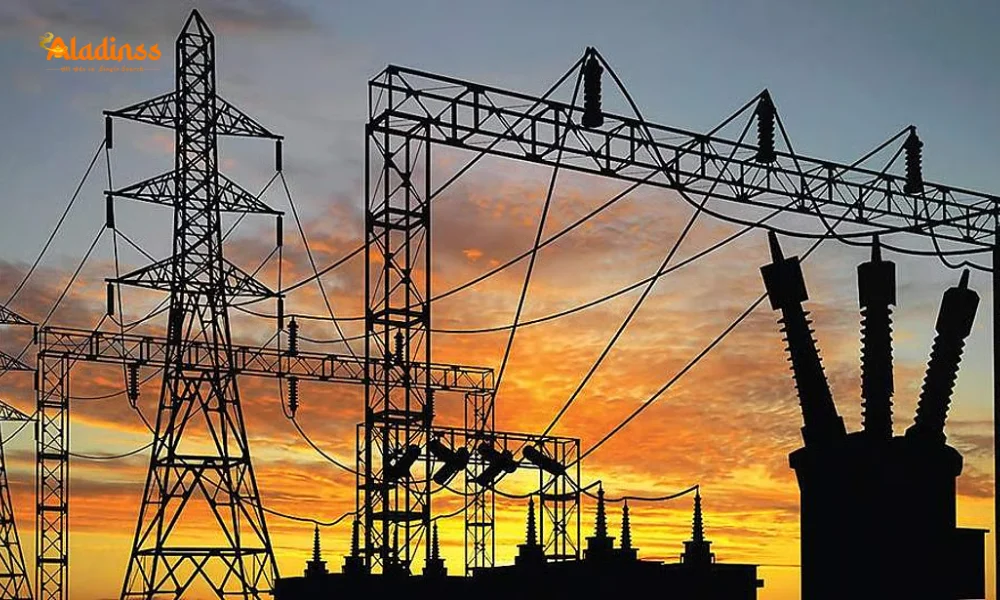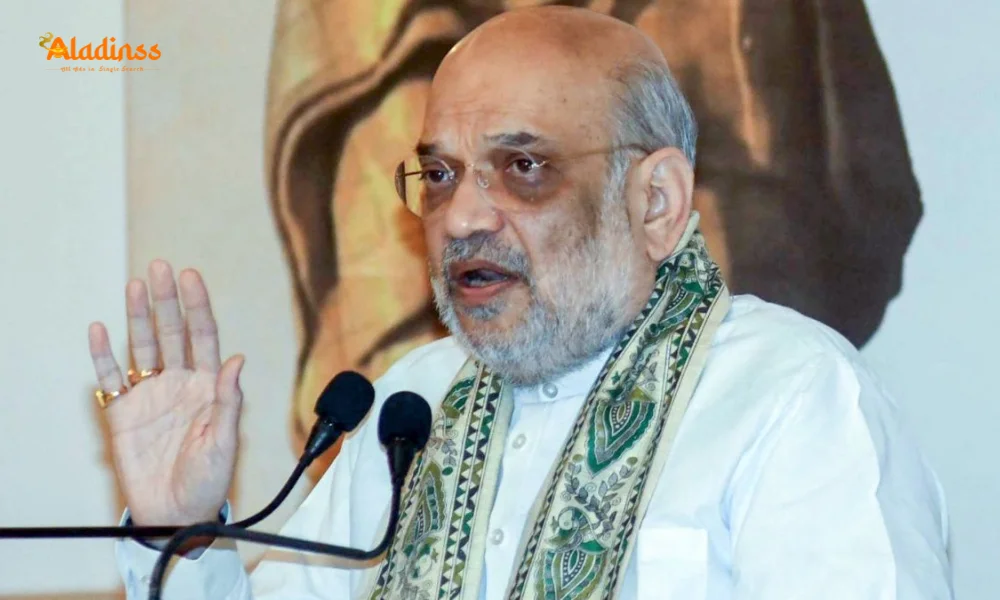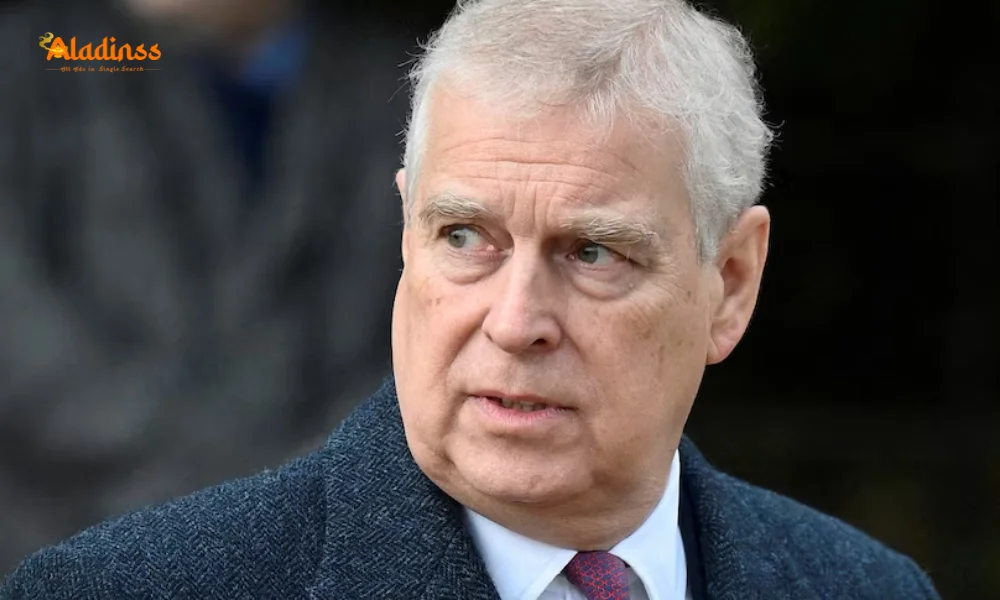Breaking! Trump-Xi Rare Earths Deal Ends Crisis April Visit Confirmed
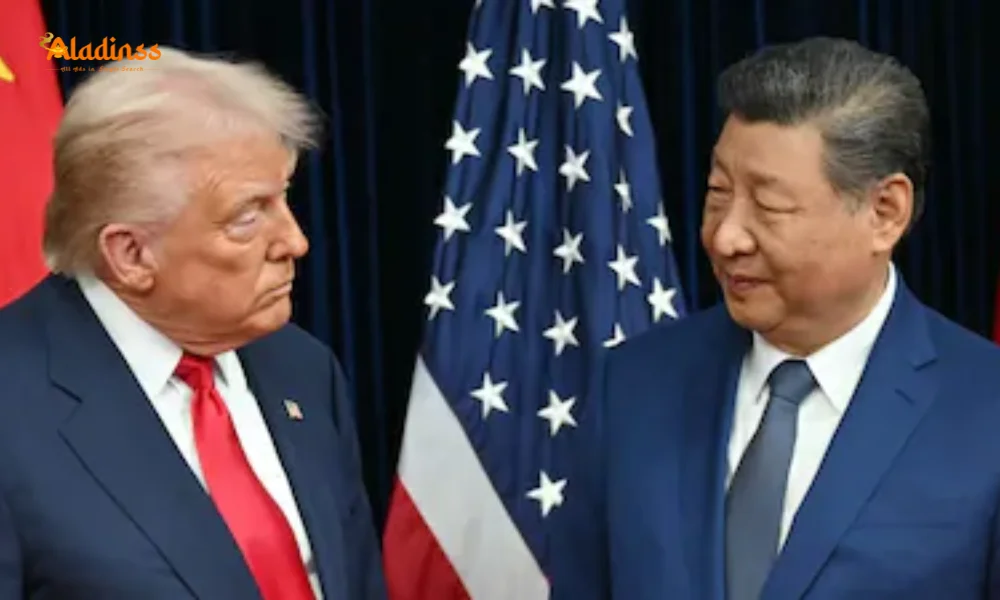
Trump Seals One-Year Rare Earths Pact with China, Plans April Visit After “Amazing” Xi Talks
In a major breakthrough for global supply chains, US President Donald Trump announced a one-year renewable rare earths deal with China following high-stakes talks with President Xi Jinping in Busan, South Korea. The agreement ensures stable access to critical minerals vital for semiconductors, electric vehicles, and defense systems, while Trump revealed plans to visit Beijing in April 2026. As part of the détente, China committed to slashing fentanyl-linked exports and boosting purchases of American soybeans.
Speaking aboard Air Force One, Trump described the meeting as “amazing” and a “great success,” emphasizing that rare earths supply for the world has been secured. The deal includes a 10% tariff reduction on fentanyl-related imports and opens doors for semiconductor collaboration, though Taiwan and advanced Blackwell chips were notably absent from discussions.
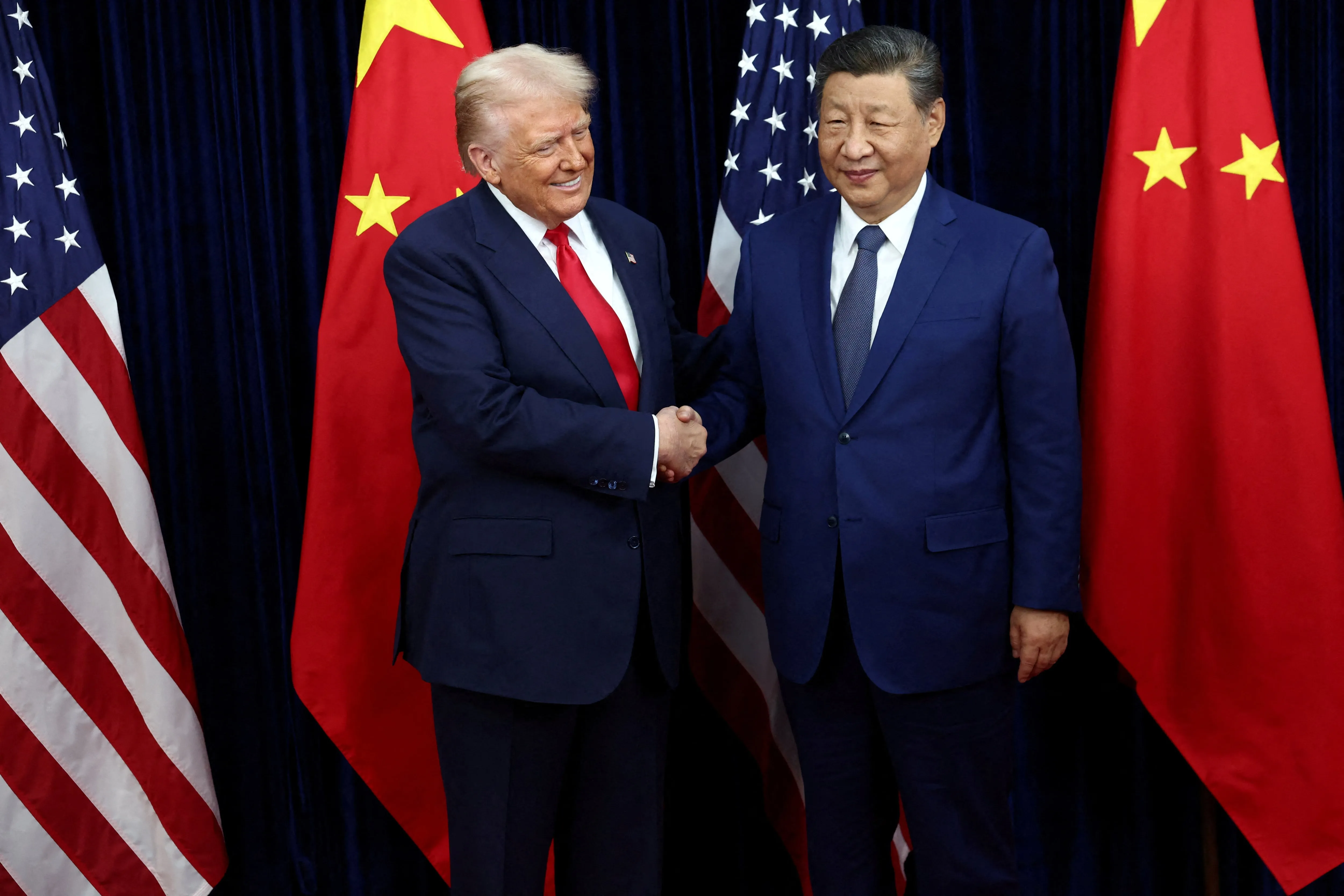
Key Highlights of the US-China Rare Earths Agreement
The one-year rare earths pact is extendable annually and covers 17 critical elements, including neodymium, dysprosium, and praseodymium – indispensable for manufacturing magnets in EVs, wind turbines, and military hardware. China controls nearly 90% of global refined rare earth production, making the deal a strategic win for American industries facing supply disruptions since the 2020 trade war escalation.
Trump confirmed that both nations agreed to finalize a formal trade document within weeks. “All the rare earths have been settled – and that’s for the world,” he declared, signaling relief for tech giants like Apple, Tesla, and Lockheed Martin. The agreement also mandates quarterly supply audits to prevent stockpiling or export bans.
In return, China secured commitments for increased US soybean purchases – a lifeline for American farmers hit hard by previous retaliatory tariffs. Beijing pledged to import an additional 15 million metric tons of US agricultural goods in 2026, including corn, pork, and wheat.
Fentanyl Crisis: 10% Tariff Cut and Xi’s Crackdown Promise
A surprise element of the talks was a 10% tariff reduction on Chinese imports linked to fentanyl precursor chemicals. Trump revealed that President Xi personally assured “very hard work” to dismantle illicit drug networks. “He’s going to stop fentanyl,” Trump said, noting that over 70,000 Americans died from synthetic opioid overdoses in 2024 alone.
US intelligence reports indicate that 99% of fentanyl entering America originates from chemical precursors shipped from China to Mexican cartels. The tariff cut is tied to measurable reductions in chemical exports, with joint task forces to be established in Shanghai and Los Angeles for real-time monitoring.
Health experts hailed the move as a potential game-changer. “If China enforces this, we could see a 30–40% drop in fentanyl deaths within 18 months,” said Dr. Rahul Gupta, former White House Drug Policy Director.
Semiconductor Talks Open Door for Nvidia-China Collaboration
While advanced AI chips like Nvidia’s Blackwell series were off the table, both leaders greenlit mid-level semiconductor cooperation. China’s Ministry of Commerce confirmed upcoming talks with Nvidia to resume sales of H800 and A800 chips – modified versions compliant with US export controls.
This thaw could unlock $10 billion in annual revenue for American chipmakers. However, Trump clarified: “We have not spoken about Blackwell chips – that stays restricted.” The distinction underscores Washington’s red line on cutting-edge AI technology amid national security concerns.
Trump’s April Visit to China: What to Expect
The US president confirmed he will travel to Beijing in April 2026, with Xi expected to reciprocate with a US visit later at Mar-a-Lago, Palm Beach, or the White House. This diplomatic exchange – the first since 2019 – signals a reset in bilateral ties strained by COVID-19, trade wars, and Taiwan tensions.
Agenda items for April include:
- Finalizing rare earths supply quotas for 2027–2030
- Expanding fentanyl enforcement mechanisms
- Launching a joint clean energy R&D fund
- Resuming military-to-military communication channels
Notably, Taiwan was not discussed in Busan – a deliberate omission to keep talks focused on economic stability. Analysts view this as pragmatic de-escalation ahead of the 2026 Taiwanese elections.
Global Impact: Rare Earths Stability Boosts EV and Defense Sectors
The rare earths deal arrives at a critical juncture. Electric vehicle production faced 40% cost inflation in 2025 due to mineral shortages. Companies like General Motors and Ford had delayed factory openings in Michigan and Kentucky. With supply now guaranteed, analysts predict a 15–20% drop in EV battery magnet costs by Q3 2026.
Defense contractors benefit equally. The F-35 fighter jet requires 920 pounds of rare earths per unit. Pentagon officials confirmed that production backlogs will clear by mid-2026, strengthening US military readiness.
Emerging economies like India and Vietnam – reliant on Chinese exports – also gain indirect stability. “This deal prevents weaponization of rare earths in future trade disputes,” said Li Ming, a Beijing-based trade analyst.
Political Reactions: Bipartisan Praise with Caveats
Senate Majority Leader Chuck Schumer (D-NY) called the agreement “a necessary step,” but urged oversight to prevent China from reneging. “Rare earths are strategic assets – we cannot afford another 2010-style export ban,” he warned, referencing China’s past embargo on Japan.
Republican hawks like Senator Tom Cotton praised the fentanyl provisions but demanded stronger AI chip restrictions. Meanwhile, farm-state lawmakers celebrated the soybean export surge, projecting $4 billion in additional revenue for Midwest growers.
What’s Next After the One-Year Deal?
The agreement includes a renegotiation clause every 12 months, with the first review slated for October 2026. Both sides have committed to a “Phase Two” framework covering:
- Joint rare earth mining in Africa and Australia
- Technology transfer for recycling EV batteries
- Carbon-neutral refining standards
- Cybersecurity protocols for supply chain data
Environmental groups cautiously welcomed the deal but called for transparency on mining impacts in Inner Mongolia, where 80% of China’s rare earths are extracted using polluting acid-leaching methods.
As Trump prepares for his April visit, the world watches whether this détente marks a true thaw – or merely a tactical pause in the US-China rivalry. For now, industries breathe easier, farmers plan bigger harvests, and families hope fewer fentanyl coffins return home.
Comment / Reply From
No comments yet. Be the first to comment!

